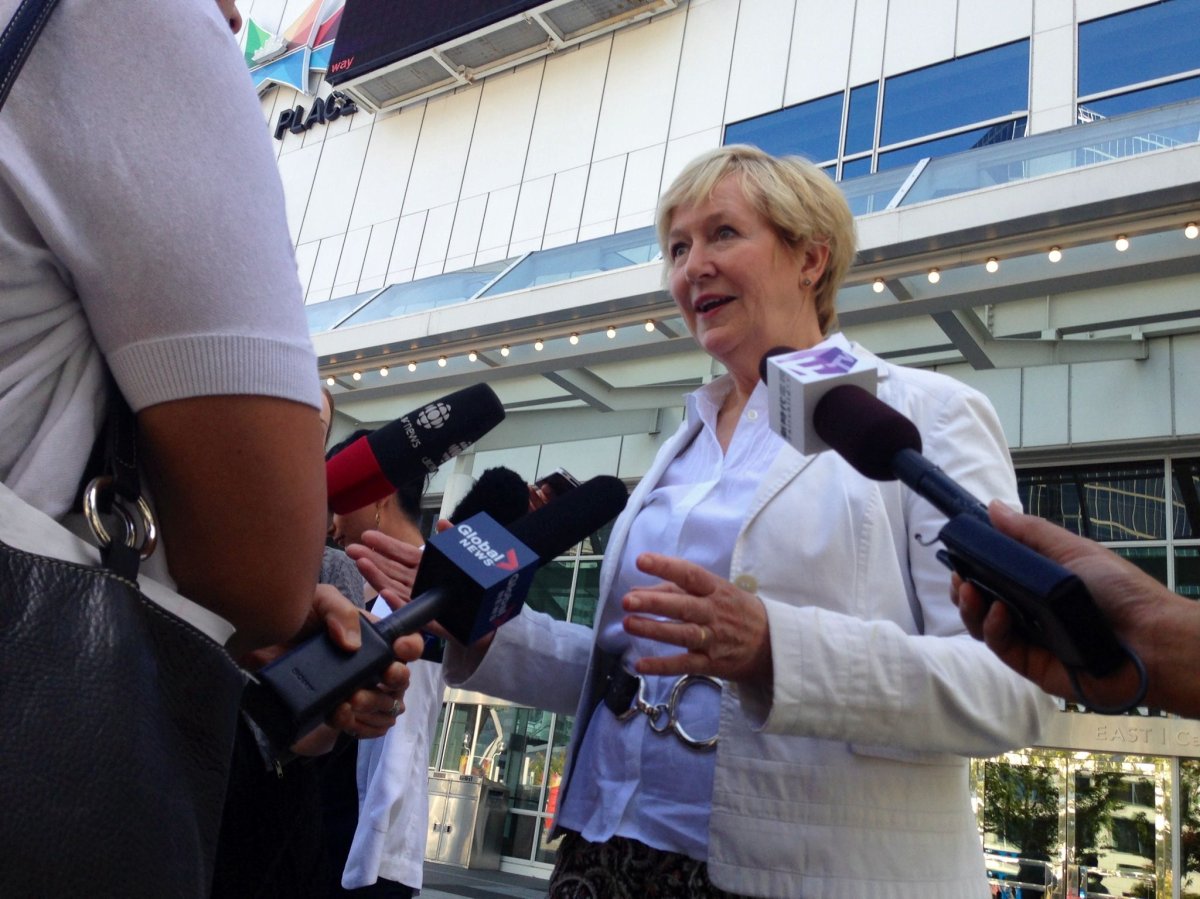B.C.’s liquor laws are going to be put under the microscope.

Starting today, letters are going to go out to major stakeholders asking for ideas, and in September, residents will be asked for their input to improve what the Ministry of Justice calls “B.C.’s outdated and inefficient liquor laws”.
In the coming weeks, letters will also be sent to more than 10,000 liquor licencees and liquor agency stores. Parliamentary Secretary for Liquor Policy Reform, John Yap, will also meet with groups such as First Nations, local governments, and police, through September and October.
“Right now, some of B.C.’s liquor laws go back many years,” said Attorney General and Minister of Justice Suzanne Anton. “In concert with industry and citizens, we are looking to make practical and responsible changes which promote consumer convenience and economic growth in the province, with a strong eye to maintaining public safety and protecting the health of our citizens. Once the public consultation process begins in September, British Columbians can let us know how they would like to see B.C.’s liquor laws reformed.”
In September, a liquor policy review website will be launched where British Columbians can provide their input to the review.
Some limitations already noted by residents include:
– Not allowing minors that are accompanied by a parent or guardian into pubs that serve food during the daytime hours.
– Not allowing wines and other local liquor to be sold at farmers’ markets.
– Not allowing establishments like spas to be eligible for licensing permits.
– Taking upwards of a year to obtain a licence for bars and pubs.
Yap’s final report will be released to the public in November.
Liquor sales result in more than $1 billion (net income plus PST generated from sales) each year in revenue to government.
The last major review of B.C.’s liquor laws was completed in 1999, but did not include a public consultation component.
- Joffre Lakes to close for 3 periods this year under agreement with First Nations
- ‘Why aren’t we doing more?’ White Rock on edge with killer on the loose
- B.C. carjacking victim says she doesn’t trust the ‘catch-and-release’ system
- Inquest into fatal Surrey hostage-taking recommends cameras for ERT teams




Comments